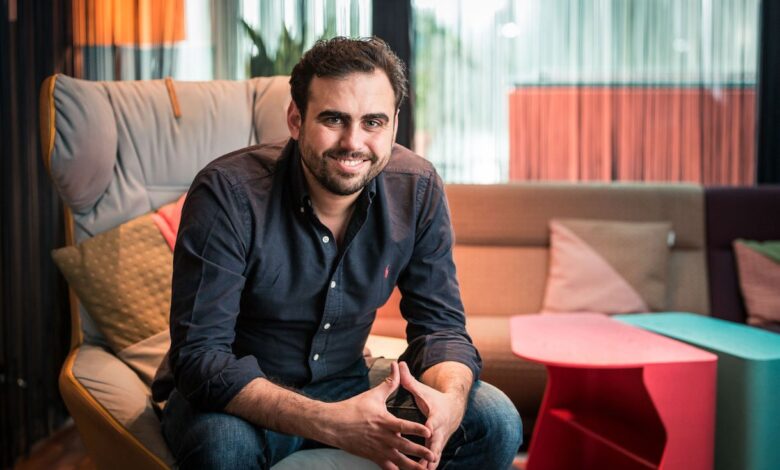Wefox was launched in 2015 by CEO and founder Julian Teicke and is active in six countries. The company offers direct insurance products to consumers in addition to its primary broker-customer platform, and previously announced it would become “the streak of insurance”.
Wefox offers auto, home and liability insurance products and will soon be offering a service called Wefox Prevent – a risk prevention product that uses data from smartphones and other connected devices to warn users of impending dangers.
The company claims its focus on profitability will help it stay competitive over the long term.
“In insurance it is impossible to turn an unprofitable book into a profitable one,” Teicke told Insider. “It is possible to grow quickly, but if you focus on growth without focusing on margins, it can create big problems later.”
The company hopes to hit profitability with expected sales of $ 365 million in 2021, Teicke previously said Reuters.
She hopes her platform model can make the path to profitability easier than for digital competitors like Lemonade who go straight to the consumer.
Lemonade, also founded in 2015, could be classified as Wefox’s closest US comparison. It offers a more direct model, but has taken huge losses in recent years, though its stocks have soared since its public debut last summer. In contrast to Lemonade, Wefox uses intermediaries in the form of its broker network on its platform to connect customers with brokers and dealers.
“What we have achieved grows faster with a better loss rate,” added Teicke. “We only introduce products in areas where we can outperform the market. To do this, we have to adjust prices and underwriting in real time.”
Wefox claims its data-driven model has lowered claims ratios – that is, the amount of premiums earned compared to claims paid out – compared to its industry peers. A wave of digital-first insurers has shaken what is usually considered the paper-based and traditional industry, simplifying the first line of business.
“In auto insurance, for example, customers typically had a 30-question form that took an hour to fill out. We can reduce it to five questions so the entire transaction only takes five to ten minutes and at a discounted rate,” said Teicke . The key was to get brokers and agents from the fragmented German insurance market on board and to simplify the process with the help of technology.
Data was a revolutionary factor in the insurance market, said Teicke. Automation has reduced administrative costs and the number of people involved in processes.
The company has also made a number of investments to improve its product offering by opening a new AI office in Paris, where a team of deep tech specialists are focusing on moon shots to improve the business. The aforementioned Wefox Prevent product is one such innovation from the company’s Paris-based team.
Wefox’s recent donation talks have reportedly stalled
Wefox is currently in the process of raising new funds.
insider previously reported The company wanted to raise a total of around 200 million euros (237 million US dollars), with commitments for around 110 million euros (130 million US dollars) of the round had already been made.
This tranche was led by the Corporate Investing Arm of the Economic Development Board (EDBI) in Singapore, in which the existing investors Merian Chrysalis, OMERS Ventures, Mubadala Capital, Target Global, Idinvest and Salesforce Ventures were involved.
But fundraising stalled after that part of the raise. The company has split from consultants FT Partners and has since hired Goldman Sachs to resume its fundraising plans. Reported screened.
Wefox declined to comment on its fundraiser.
The startup secured unicorn status through two separate Series B funding rounds totaling $ 235 million, led by Mubadala Ventures and OMERS Ventures, respectively, valued at $ 1.65 billion.
Wefox was also involved in internal discussions about the prospect of going public.
Teicke noted that “some random and great people have contacted SPACs”. Declining to refer to the company’s future plans, he noted, “Our focus is on the numbers and the business. As long as we focus on the numbers, there is some way we can raise capital.”
In 2021, given its recent foray into new markets, Italy and Poland, Wefox is likely to seek to double its sales, despite investing more in its technology and analytics capabilities, Teicke added.
Source: The Daily Insurance News








